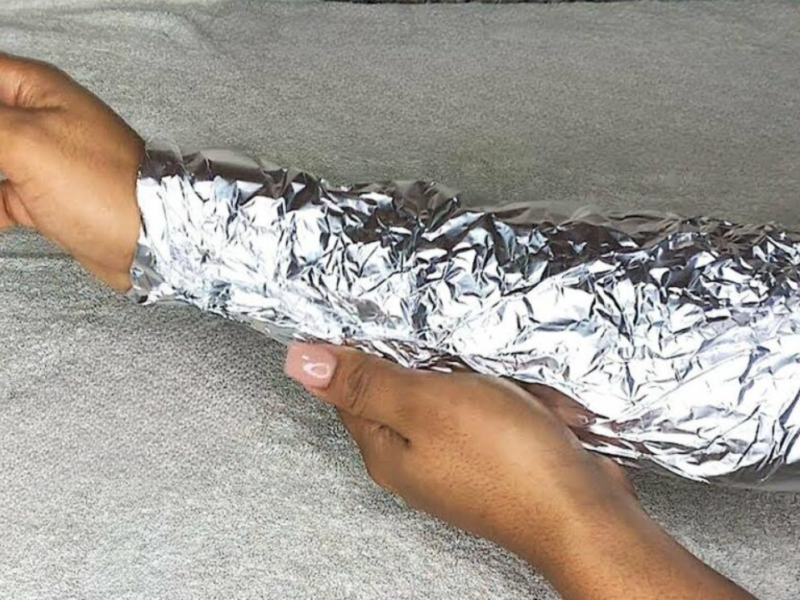If you reach the age of 40 and engage in any or all of the following behaviours: smoking, excessive alcohol consumption, or opioid use, there’s a good chance you won’t live to see the age of eight or nine.
It may not come as a surprise, but a long-term study of over 720,000 US military veterans discovered that terrible lifestyle habits are the worst, at least among former soldiers, who are more likely than the general population to suffer from diseases such as post-traumatic stress disorder.
A team of scientists led by Xuan-Mai Nguyen from the University of Illinois studied eight lifestyle habits that are thought to contribute to a healthy lifestyle for the purposes of the study, namely physical activity, proper nutrition, not consuming large amounts of alcohol, not smoking, good stress tolerance, good sleep, maintaining positive social relationships, and not using painkillers.
Loneliness, fast food, lack of sleep, and extreme stress have been shown in some situations to be as detrimental to one’s health as smoking or narcotics.
Find out more about: Try These Three Recipes If You Have Indigestion
The study discovered that physical inactivity is just as dangerous as nicotine or drug addiction.
The study, which was presented at the Nutrition 2023 international conference in Boston, discovered that males in their 40s who have all eight unhealthy behaviours will die 24 years earlier than their counterparts who have none, while women’s life expectancy will be cut by 21 years.
Smokers, opioid addicts, and those who rarely exercised had a 30-45 percent increased chance of death, while those who loved to get drunk, ate badly, didn’t get enough sleep, or were under a lot of stress had a 20% increased risk.
Singles over the age of 40 can breathe easier because a “lack of positive social relationships” is related with a 5% increased risk of mortality.
The findings “underscore the role that lifestyle plays in the development of chronic diseases such as type 2 diabetes and heart disease that lead to premature disability and death,” according to the US Department of Veterans Affairs and Carle Illinois School of Medicine, who cautioned that the study “does not prove the causer.”
After reading this text you can also read about: Your Whole Day “Depends” On Two Things: These Are Bad Habits That Make You Sluggish And Listless In The Morning



